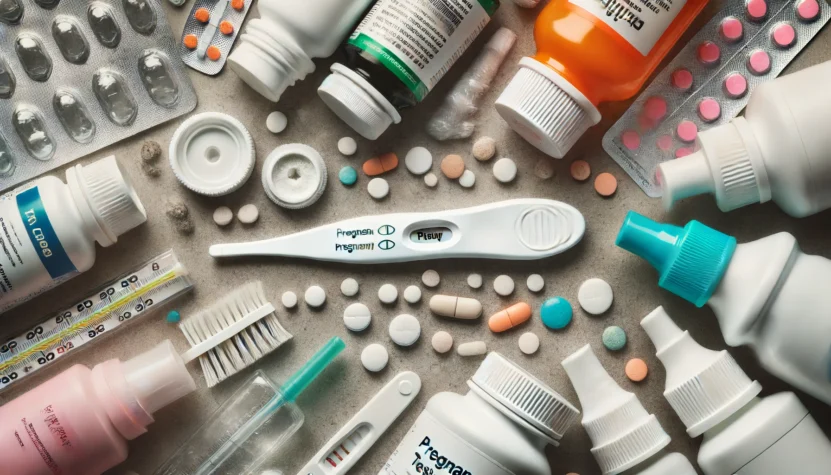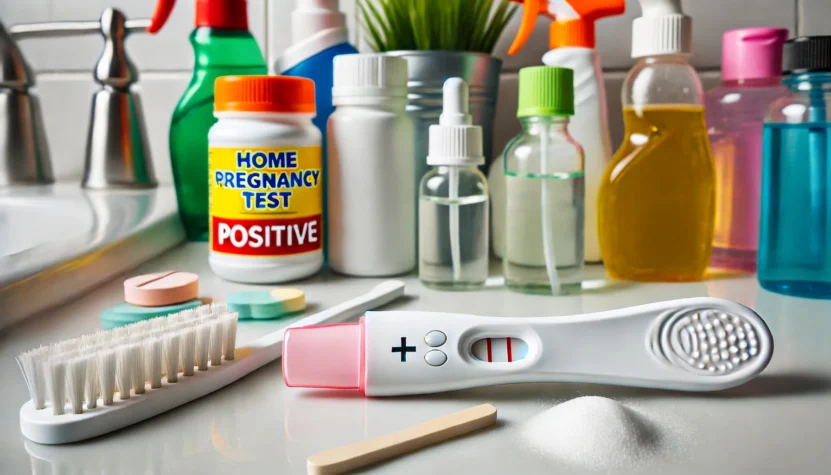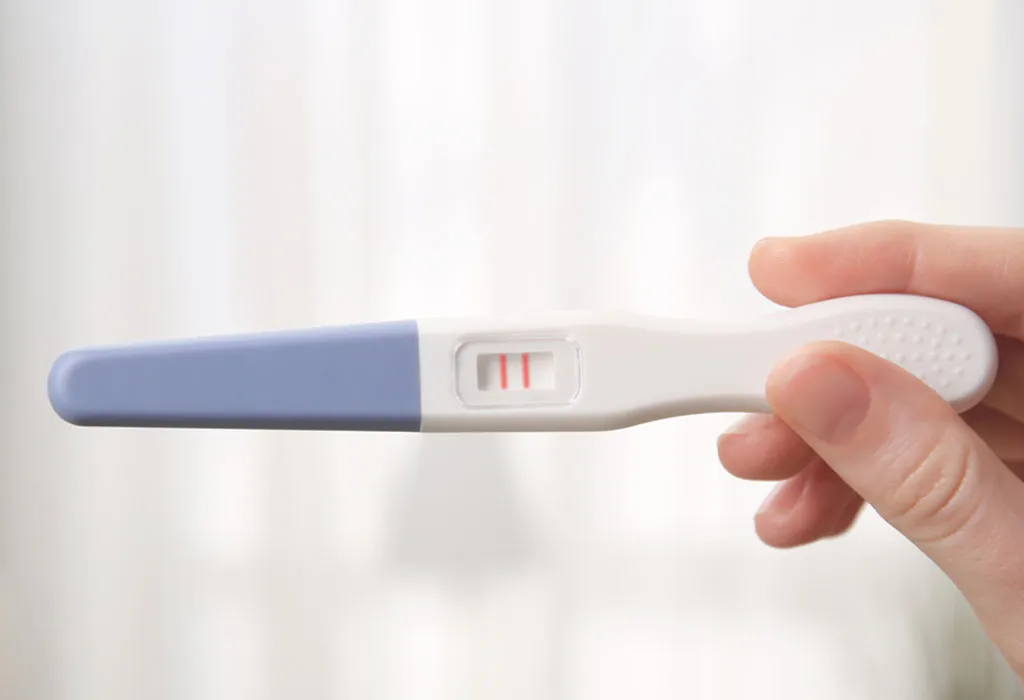Taking a pregnancy test can be a nerve-wracking experience, whether you’re hoping for a positive or negative result. But did you know that some everyday liquids can interfere with your test and give you a false positive? It’s true!
It’s similar to what has been seen with COVID-19 lateral flow tests. Things like certain drinks and even everyday items might mess with the accuracy of your test. In this article, we’ll look at what liquids can cause a false positive on a pregnancy test and how you can avoid these pitfalls to get the most reliable result.
Where did it all start?

During the COVID-19 pandemic, some schoolkids in the UK discovered that applying lemon juice or soda to at-home COVID-19 tests could produce false positives. This trick was used to avoid attending classes, and it quickly spread as a clever hack.
Studies in 2021 revealed that various beverages, including Coca-Cola, other sodas, energy drinks, vodka, whiskey, and brandy, could create false-positive results on COVID-19 lateral flow tests when applied without the buffer solution.
This phenomenon caught the attention of both the public and scientific communities, prompting further investigation.
How lateral flow tests work
According to NHS, lateral flow tests detect a target substance in a liquid sample using antibodies attached to gold nanoparticles. The acidity of certain drinks disrupts the antibodies, causing them to bind to the gold particles and turn red, indicating a false positive. This process relies on precise chemical reactions that can be easily disturbed by the introduction of foreign substances.
Potential impact on pregnancy tests

Pregnancy tests work by detecting the hormone human chorionic gonadotropin (hCG) in urine. hCG is produced during pregnancy and is present in the urine shortly after a fertilized egg attaches to the uterine lining.
Given the similarities between the mechanisms of pregnancy tests and COVID-19 lateral flow tests, it’s plausible that highly acidic liquids could also cause false positives on pregnancy tests. The principle is the same: acidic solutions can denature the antibodies used in the test, causing them to produce a false result.
Popularization by schoolkids and TikTok
The discovery of this flaw was popularized by schoolkids and TikTok users during the COVID-19 pandemic. Many scientists were initially unaware of how and why lateral flow tests reacted to these beverages.
The widespread sharing of these findings on social media platforms brought this issue to light, sparking curiosity and concern among both the public and healthcare professionals.
The bottom line
Drinks like lemon juice and sodas can mess up pregnancy tests. Knowing this can help you avoid mistakes and get better results. Always follow the test instructions and check with a healthcare professional if you’re unsure. Being aware of these potential issues means you can read your test results more accurately and make the right decisions based on reliable info.

